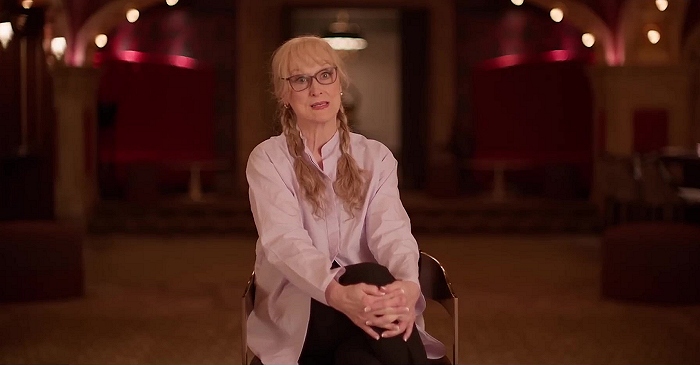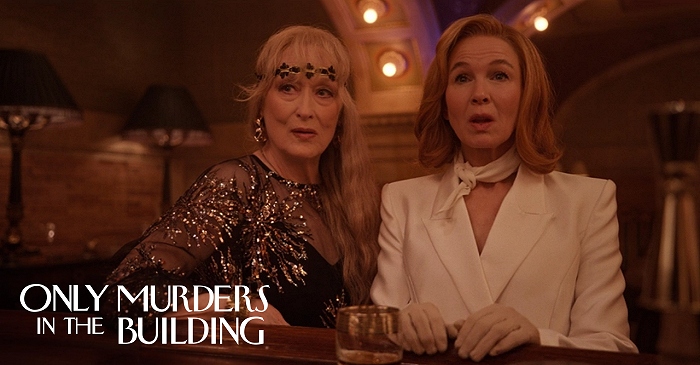|
Simply Streep is your premiere online resource on Meryl Streep's work on film, television and in the theatre - a career that has won her acclaim to be one of the world's greatest living actresses. Created in 1999, Simply Streep has built an extensive collection over the past 25 years to discover Miss Streep's body of work through thousands of photographs, articles and video clips. Enjoy your stay and check back soon.
|
Dead and Never Called Me Mother
July 23, 1975
· Eugene O’Neill Theater Center
|

“The O’Neill was rapid-fire work,” Meryl Streep said in an interview with the Connecticut Theater Review ahead of receiving the O’Neill’s Monte Christo Award. “But it’s not for every actor. Certain people can work quickly and others like to take time to deliberate. This trial-by-fire is for a specific kind of actor. The O’Neill is such an important place, especially right now. there is no such thing as this out of town, no place where you can work without a lot of attention on plays. O’Neill is a kind of undisclosed bunker for artists and actors. It’s for the almost-up-and-coming. It also creates a really interesting community of artists,” she says of those who are there to focus on their work – but also each other’s work. “You eat together and work together. There’s no escape! But it truly is ‘sui generis.'”
Playwright Robert Lord’s play “It Isn’t Cricket” had been read at the inaugural Australian Playwrights Conference in 1973. In 1974 Lord travelled on an Arts Council grant to experience the American Playwrights Conference at first hand. This intensive workshop model of play-script development, known as the National Playwrights Conference, was founded by George C. White in the Eugene O’Neill Centre Waterford, Connecticut in 1965. This was the model that the Australians picked up and that Playmarket would follow when they set up the two-yearly Playwrights Workshops that ran from 1980 until 1994. Lord’s next play, “Dead and Never Called Me Mother”, was selected for workshopping at the 1975 American Conference with a young Meryl Streep taking the role of Alice and Martin Esslin as a Dramaturge. This play is pure farce, buffoonery about the sexual mores of the bourgeoisie. Like “Heroes”, “Never Called Me Mother” has a daughter character called Alice. Alice may not be an accidental choice, as Lord toys with the absurd, although this play never reaches the level of complete nonsense achieved in balance of “Payments” (1972). Lord wanted to escape from the meanness and the isolation of the home place. His first effort in the big world of the USA is so light in its continuous frivolity and contrivance that it might be read as an allegory of the relief accompanying Lord’s own escape. “Never Called Me Mother” has never had a production. They are each a curiosity of a play in their own quite different ways. Neither shows Lord at his best, though what is his ‘best’ is difficult to determine, because Lord was a restless magpie of a writer, seemingly more at home with the role of playwright than with the metier of playwriting.













